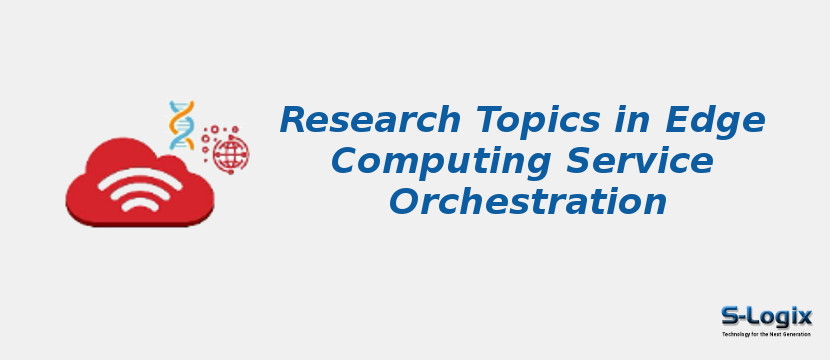Edge computing service orchestration is managing and coordinating edge computing services in distributed environments. It involves deploying, configuring, and monitoring edge computing services and devices, assuring they run efficiently and effectively.
Edge computing service orchestration aims to enable organizations to deploy, manage, and maintain edge computing services at scale. It includes the ability to deploy and manage services on a large number of edge devices and the ability to manage and monitor the performance and health of these devices.
Edge computing service orchestration typically involves using software tools and platforms that automate the deployment, configuration, and management of edge computing services.
The tools allow organizations to manage the entire life cycle of their edge computing services, from deployment to maintenance, in a centralized and automated manner.
• Reduced Latency: Processing data at the network-s edge, edge computing reduces latency and increases the speed of data processing, especially for real-time applications and services.
• Improved Bandwidth: Edge computing can help to reduce the amount of data sent to the cloud, freeing up bandwidth and reducing the amount of data transmitted over the network.
• Cost savings: Edge computing can reduce the cost of data transfer and storage by processing and storing data closer to the source, reducing the amount of data that needs to be transmitted to the cloud.
• Complexity: Edge computing service orchestration requires specialized knowledge and expertise to deploy and manage effectively.
• Interoperability: Difficulties in ensuring interoperability between edge computing devices and services can limit the ability to scale and deploy edge computing services.
• Network Dependency: Edge computing service orchestration depends on network connectivity, which can be unreliable in certain environments. This can result in service disruptions or degradation in performance.
• Standardization: The lack of standardization in edge computing technologies can make it difficult to deploy and manage edge computing services in a consistent and interoperable manner.
• Maintenance: Edge computing devices and services require ongoing maintenance and monitoring, which can be resource-intensive and require specialized skills.
• Interoperability: Research could focus on developing standardization and interoperability between different edge computing devices and services to allow for easier deployment and management of edge computing services.
• Security: Research could focus on improving edge computing service orchestration security, including developing new security measures to protect against unauthorized access and data breaches.
• Cost-effectiveness: Research could focus on reducing the cost of deploying and managing edge computing services by developing new cost-effective hardware and software solutions.
• Scalability: Research could focus on improving the scalability of edge computing service orchestration to allow for the deployment and management of edge computing services in large and complex environments.
• User-centered design: Designing edge computing service orchestration solutions that are user-centered, taking into account the needs and requirements of users.
• Network connectivity: Studying the impact of network connectivity on edge computing service orchestration and developing new solutions to ensure reliable and consistent network connectivity.
• Performance: Investigating ways to improve the performance of edge computing service orchestration, including reducing latency, improving processing times, and enhancing reliability.
